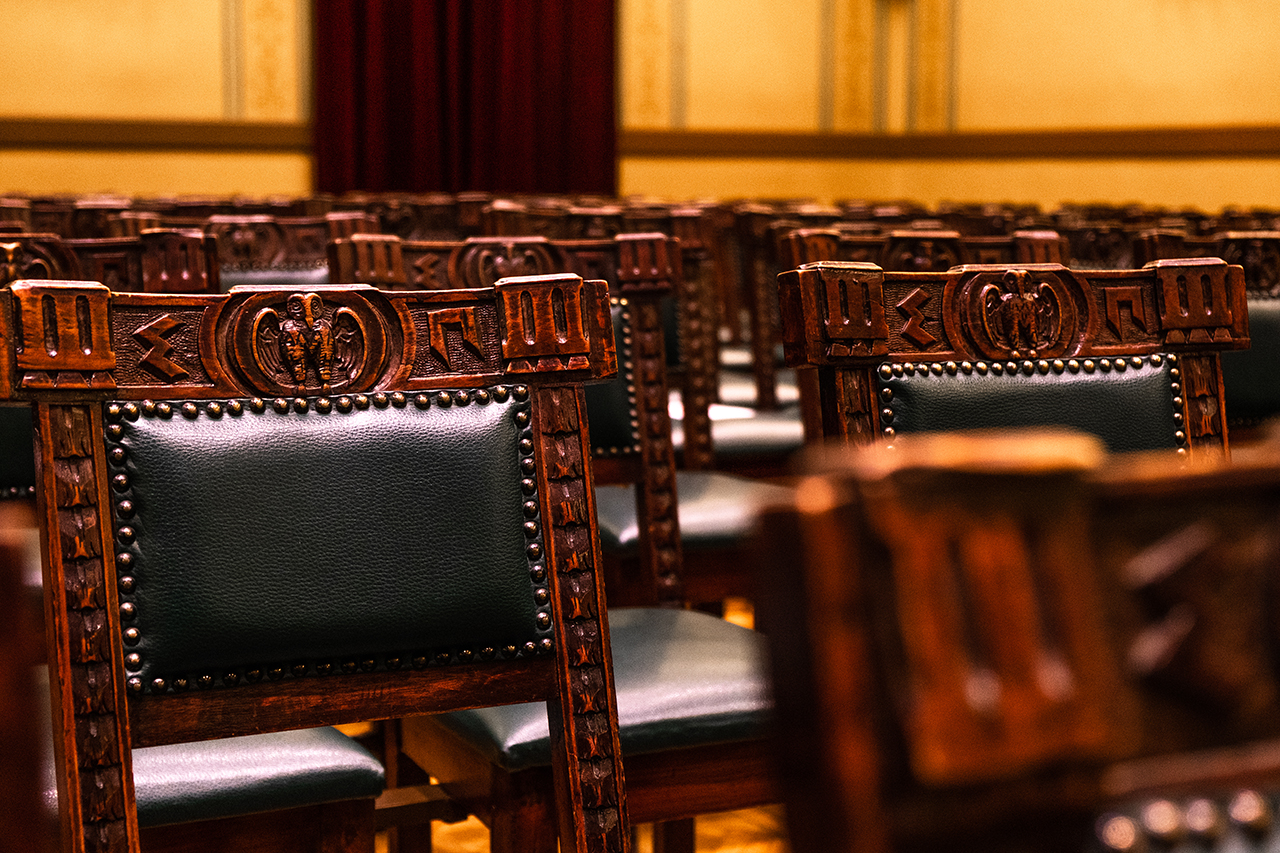Contact
ADDRESS
STAVROS NIARCHOS FOUNDATION
CULTURAL CENTER
364 Syggrou Avenue, Kallithea
TEL.
Box Office:
+30 213 0885700
Box Office email:
boxoffice@nationalopera.gr
Daily 09.00-21.00
info@nationalopera.gr
Register to our Newsletter


Free admission and on a first-come, first-served basis, without the need for reservations.
Curator: Nicolas Vassiliou
Performers:
Soloist Anna Agathonos
Cello Alexandros Botinis
Contrabass, tam-tam Oswald Amiralis
Piano Marilena Souri
Trumpet Apostolis Kalogiannis
Starts at 21.00

Religious-inspired compositions by prominent Soviet and Russian composers of the 20th century like Mieczysław Weinberg, Nicolas Slonimsky, Sofia Gubaidulina, Alfred Schnittke, Galina Ustvolskaya, and Giya Kancheli.
Unlike Nikolai Rimsky-Korsakov’s famous composition The Great Russian Easter from 1888, which fully reflected the Tsarist rule with a focus on the Orthodox faith and the portrayal of the Tsar as the representative of all political and religious authority, the fixation on the divine element embodied by different powerful monarchs creatively influenced and permeated the works of “The Mighty Five” and other notable composers, particularly exponents of Romanticism, from Tchaikovsky to Rachmaninov. This obsessive worship, reflected in the face of the Tsar, inescapably served both as a red flag and a battering ram for the leading advocates of the October Revolution, who openly endorsed an atheistic skepticism and positioned religion as the opposite of socialist realism.
Although the Soviet Council never openly forbade religions, it did engage in persecutions of religious groups such as Christians, Jews, Roma, etc. and implemented censorship against those wanting to participate in congregations, synagogues, mosques etc. Little by little, only elderly pensioners and children in the country could do that without consequences. The consequences could range from being expelled from the classes of the lawful Communists to exile and, in extreme cases, death. Inevitably, artistic creation inspired by religion also became a taboo. A taboo that was multiplied by Stalin’s well-known practices against certain creators, who did not portray “socialist ideals” in a favourable light, as well as by the cleansing operation against Zhdanov’s conformist artists in 1948, which forced prominent creators such as Prokofiev, Shostakovich, Khachaturian and others to make statements of repentance.
A series of decrees reflecting the relationship between the State and the Church only made things worse, while sacred music was facing a global crisis, with the modernist music idioms and pop culture revolutions being considered completely inappropriate by the Church Fathers. At that time, the beginning of Perestroika became a new starting point for a group of composers, especially Prokofiev, Shostakovich, Khachaturian, and others. Driven mainly by issues of ethnic identity crisis, they started turning to the religious element, not only to signify a new "revolution within the revolution" but also to signal a new approach to the humanistic values that appeared to be the enduring global victim. The main exponents of this trend were Georgy Sviridov, Alfred Schnittke, Arvo Pärt, Sofia Gubaidulina, and Edison Denisov. All of them, as citizens, were a blend of different ethnic groups and religious beliefs, from Lutheranism to Muslimism, and from Judaism to open atheism. All of them had experienced the vast blending effect of the Soviet Union, with constant migrations, displacements, border shifts etc. All of them were drawn to the religious element, not for worship, but mostly because, as they themselves admitted, they saw in this connection the metaphysical refuge of their last hope… That metaphysical realm beyond this world, as quoted by Umberto Ecco, where the human soul yearns to escape.
– Nicolas Vassiliou
Programme
Giya Kancheli (1935-2019)
Nach dem Weinen (for solo cello)
“Dies ist nicht der Zuschand vor dem Weinen, noch das Weinen selbst. Es ist der Zustand nach dem Weinen." / “This is not the shame we feel before crying, nor crying itself. This is the state we are in after crying.” (Composer’s note)
Mieczysław Weinberg (1919-1996)
The Gypsy Bible and Little Jewish Boy (no. 1 & 2)
(for mezzo-soprano and piano)
From The Gypsy Bible (opus 57)
The violent and merciless pursuit of the Roma, unleashed right after their arrival in Europe, was one of history’s biggest crimes. The "Gypsy Bible" is the Roma's equivalent of the Bible, distinguishing them as a unique community. It was however lost in the whirlwind of time, according to the oral tradition.
Alfred Schnittke
Hymny No.2 (for cello and bass)
Sofia Gubaidulina (b. 1931)
Εin Engel (for contralto and bass)
Based on the visions of Hildegard von Bingen
Nicolas Slominsky (1894-1995)
Church Bells (for solo piano)
Galina Ustvolskaya (1919-2006)
Prayer-Symphony No. 4 (for mezzo-soprano, piano, trumpet, tam-tam)
Galina Ustvolskaya named almost all of her compositions from the Cold War period and onwards as “Symphony”. In essence, they are metaphysical poems portraying her inner exorcism against totalitarianism.
STAVROS NIARCHOS FOUNDATION
CULTURAL CENTER
364 Syggrou Avenue, Kallithea
Box Office:
+30 213 0885700
Box Office email:
boxoffice@nationalopera.gr
Daily 09.00-21.00
info@nationalopera.gr